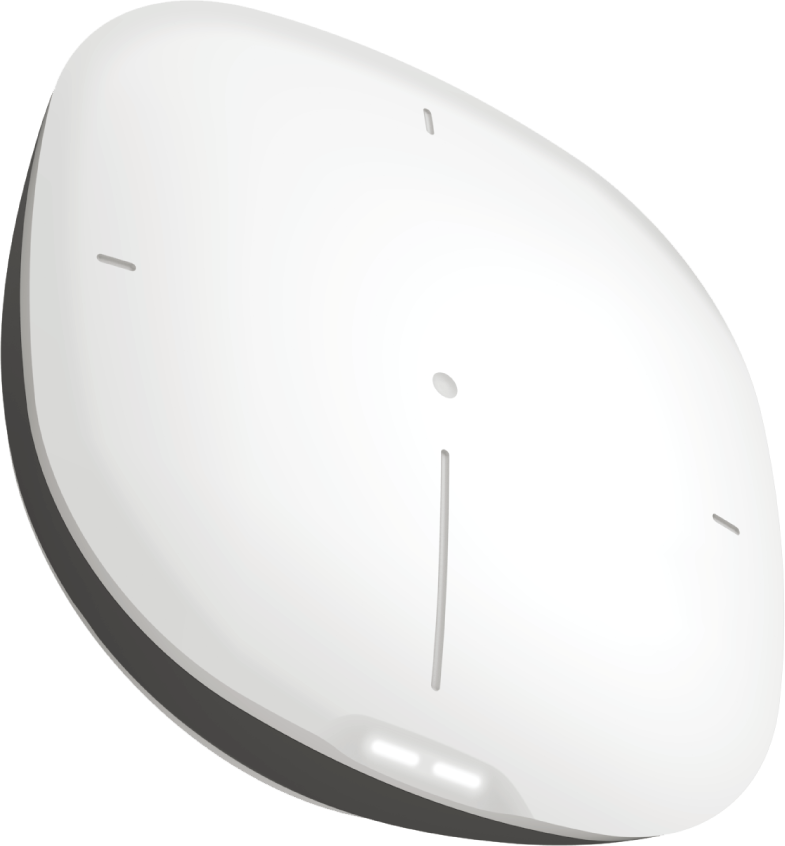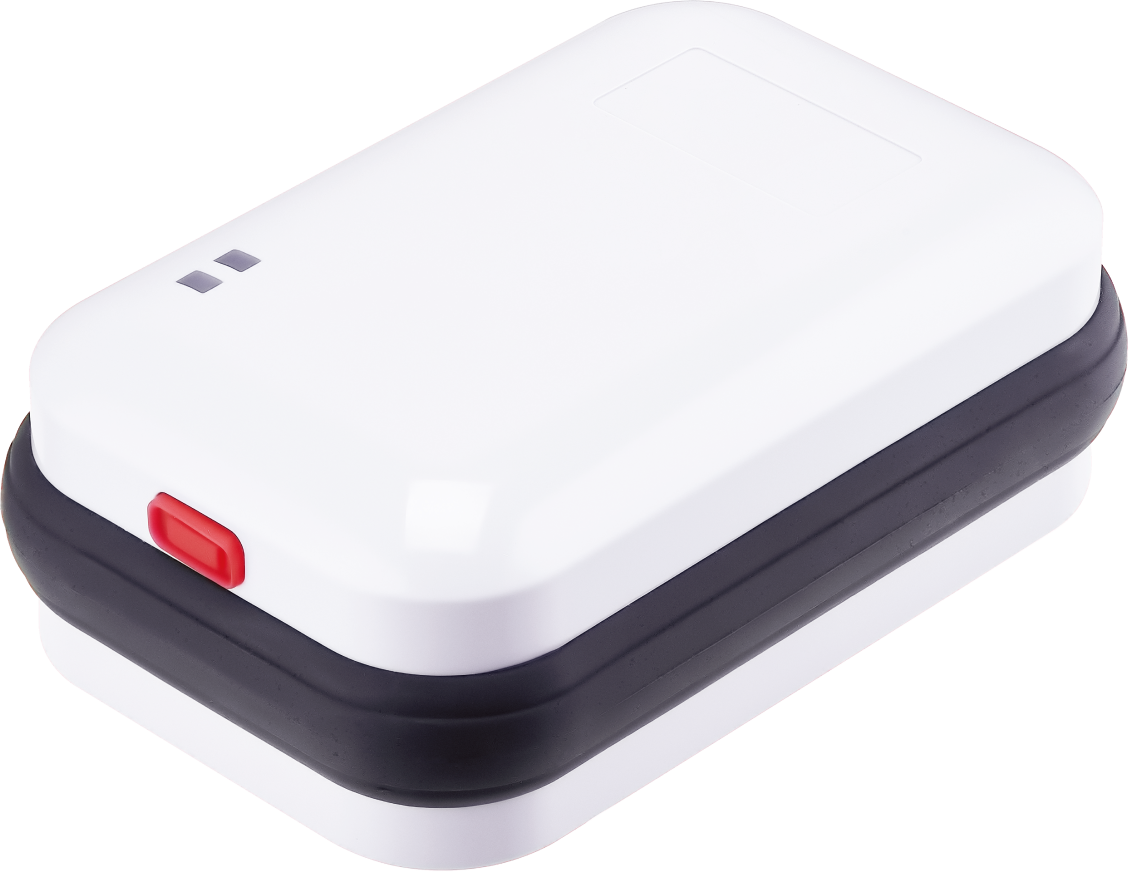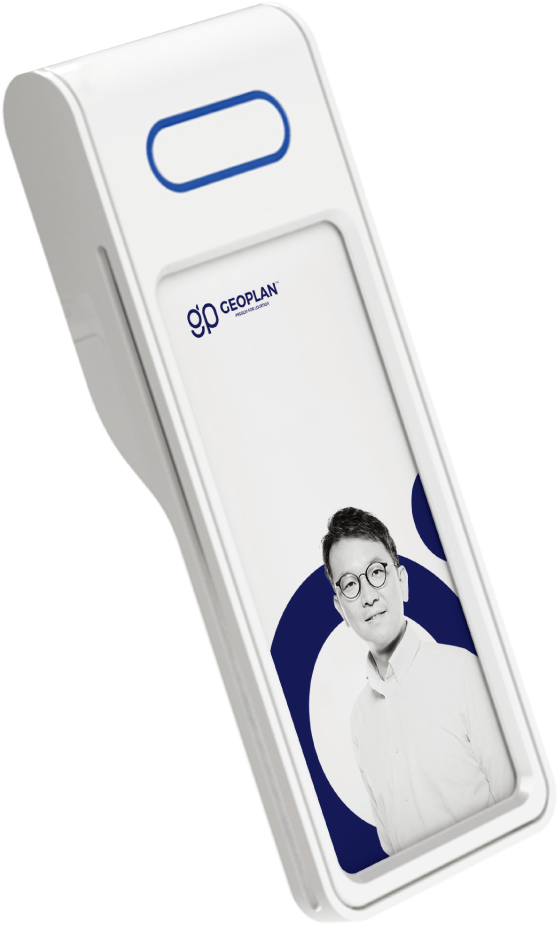Geoplan UWB RTLS technology was incorporated in all sections of the decoration line to introduce positioning service.

By incorporating various products of Geoplan, production/quality of vehicles are improved,
and by linking Geoplan's engineer technology with other systems,
positioning technology has showcased a critical technology in the smart factory.
Going forward, advanced smart factory will be established by utilizing smart tags of UWB positioning technology, and Geoplan expects it will become the key element in securing competitiveness using Geoplan's UWB technology.
The reason it was possible to provide reliable service at an automobile production site through introducing the UWB RTLS solution was because of the accumulated experiences and dedication displayed by Geoplan engineers.
Our Role
Gwangju Global Motors established a production line for small SUVs which incorporated Geoplan's UWB RTLS technology.
Vehicle model/specification classification through locator installed on the decoration line and UWB smart tags, sequence matching, fastening inspection, liquid filling inspection, error prevention, repair inspection, and work history management are provided in real time.
Products Incorporated in the Project



– Attaching the G-Pixel tag to the top of the driver's seat, the vehicle and the tag (G-Pixel) are matched and the vehicle information is displayed on the G-Pixel.
– As the G-Pixel-attached vehicle moves through each process, it transmits/receives real-time data in connection with MES (Manufacturing Execution System) and IQIS (Quality Information System).
– A tag is attached to the tool to transmit tool job setting and result data value according to each vehicle to the IQIS (Quality Information System).
– When approaching the final line, the matching between the vehicle and the tag (G-Pixel) is canceled.
Client Information
Gwangju Global Motors launched as Gwangju Global Motors Co., Ltd. on September 20, 2019, attracting investors with the investment agreement and labor-management-provate-government win-win agreement as the first model for regional jobs to revitalize the local economy and create jobs
(excerpt from Gwangju Global Motors)
The decoration line is the process of completing a vehicle by installing interior and exterior parts such as interior and convenience specifications on the body, assembling mechanical parts such as engine, transmission, axle, etc., and wiring and piping work with electric parts. UWB precision positioning technology and low-power display convergence IoT G-Pixel smart tags are applied to contribute to improving production/quality.
